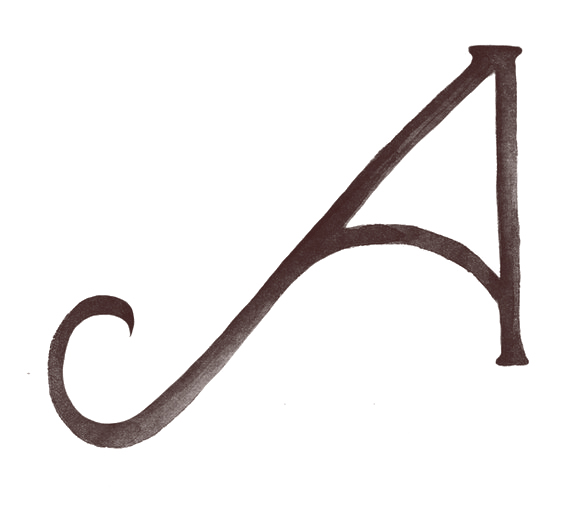Give yourself a break. Do something personal.
If you want the best result from a sizeable writing project, you need to take the occasional break from said project and give it some distance.
Just as the brain uses your sleep time to do a nightly bit of mental housekeeping, it will also use a break of a couple of weeks or more to clean out the cobwebs, do some reorganisation and put all your 'files' back in order.
You will be amazed at the renewed clarity you have about the state of your manuscript when returning to it after a bit of time. So often the answer to that knotty problem with the narrative – the one you've been grappling with for months – will present itself to you, neat as a bow, not long after a short recess.
The challenge is that writers can find it very difficult to take a break. Once that brain of yours locks on to a project, it won't let go. New ideas will arrive, unannounced, at any moment, and those thoughts need to be captured there and then or, as you probably well know by now, they will evaporate.
And the brain isn't like your computer. You can't just turn it off. You can't switch it to 'out of office' mode and have all those great ideas waiting for you when you're back at the desk. No matter how hard you try, the good old grey matter will just keep on ticking along. (Which, by the way, is obviously a good thing in many functional ways.)
So what to do?
One of the best things you can do to force your brain to take all that accrued annual leave is to give it something else to do. For a creative person, that often means finding a different creative task – something that will keep your brain busy in a 'low power mode' sort of way.
You could give yourself the task of writing a short story. Ideally it will be something completely new – not something that has been gathering digital dust in a dark corner of your computer for years. Pull a topic out of the air and get down some words. As always with a first draft, don't self-critique or over analyse. Just do it.
Or you could make a start on a bit of family history. Sit down with Mum or Dad, Grandma or Grandad, over a cup of tea or a glass of mulled wine. Turn on your recorder and ask all those questions you've been meaning to ask forever, but won't be able to ask when they're no longer with us. Then start to think about how you might be able to tell their story, even if it's just for the family.
Or you could do something completely different. Put down the pen, pick up a camera and be a tourist in your own city. Work your way through the pile of books beside your bed (or rediscover all those ebooks you've downloaded and forgot you had). Actually cook a few recipes out of the new cookbook you got for Christmas instead of just flicking through it and admiring the pictures.
Whatever it is you choose to do, your brain will welcome a fresh new challenge. Behind the scenes the neurons will silently pick up everything off the floor of your major project and sort it all out, ready to present to you when you get back. Believe me. It works.
May your words pour onto the page,


